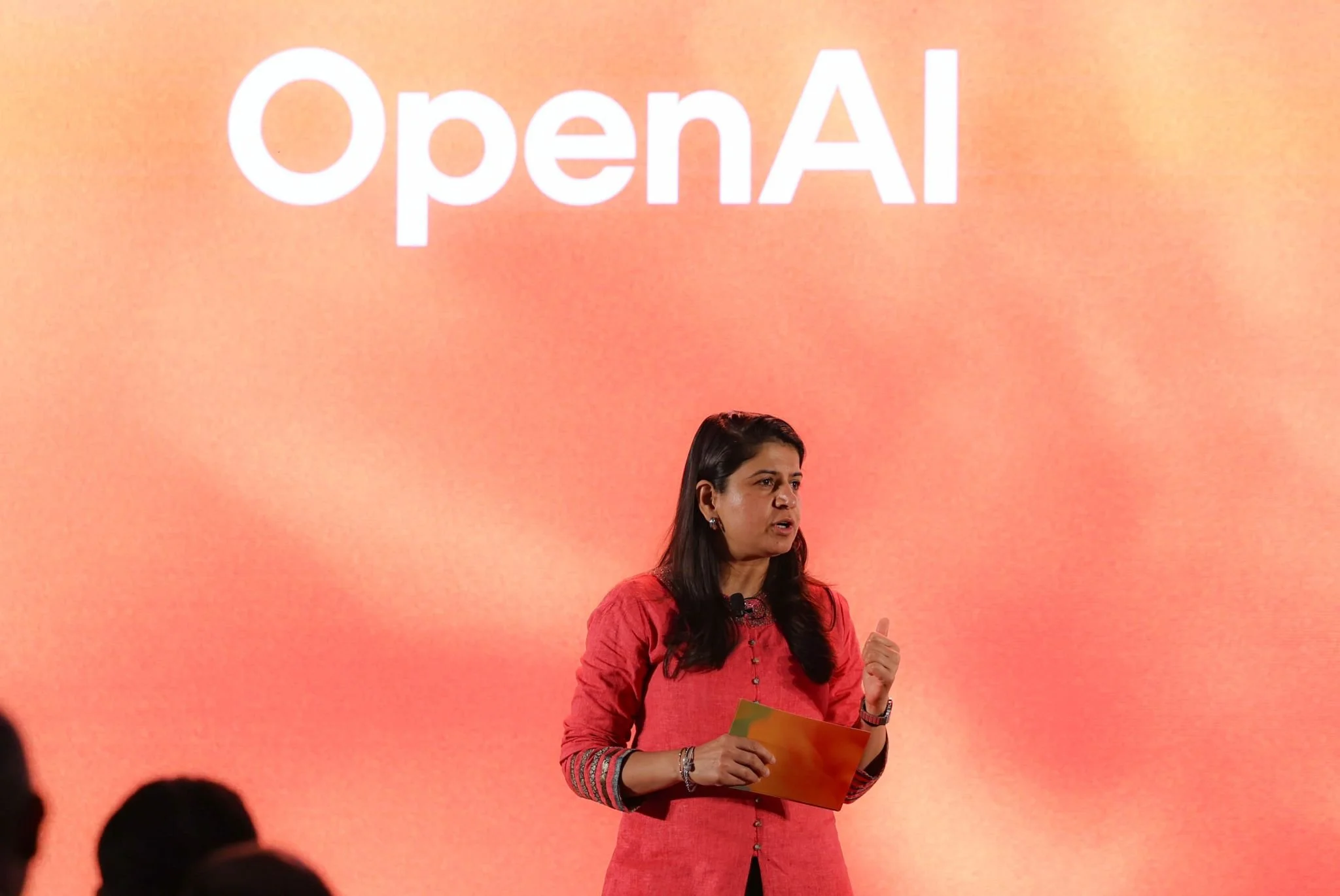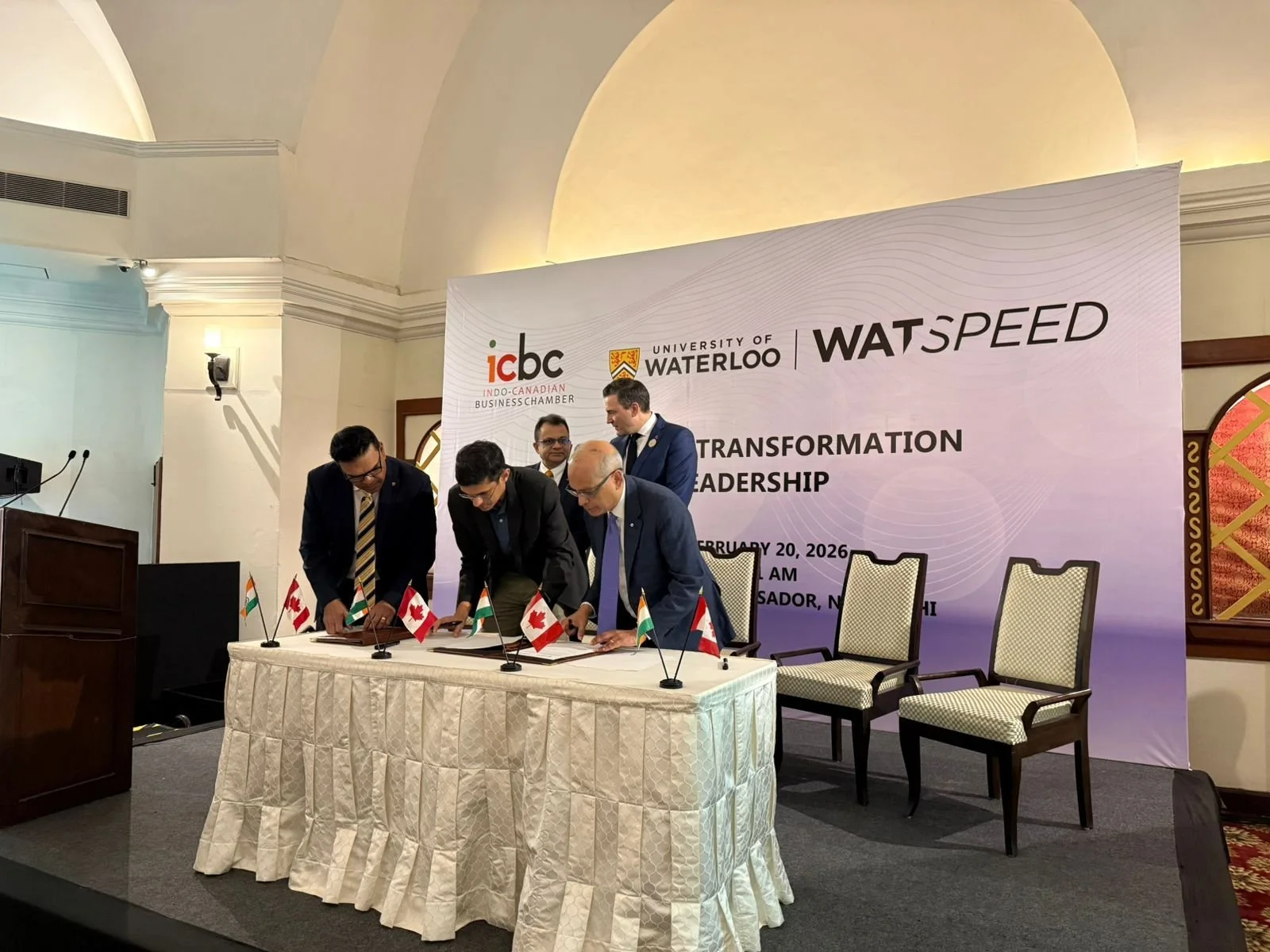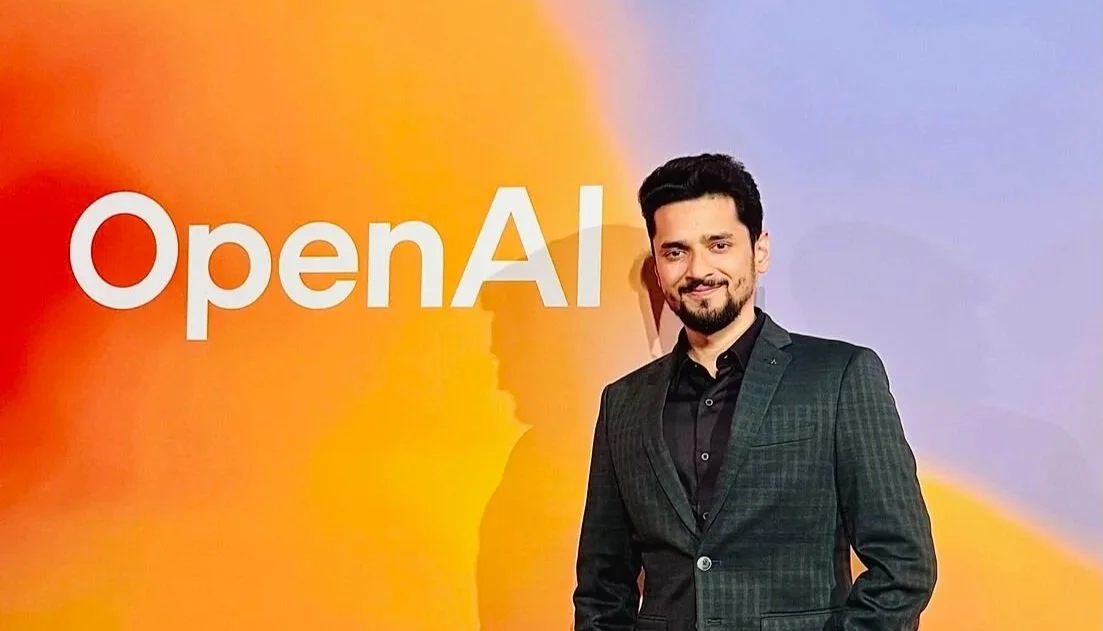Purdue’s Krach Institute launches Tech Diplomacy Academy to train global leaders
The Krach Institute for Tech Diplomacy at Purdue University has launched the Tech Diplomacy Academy, an online education platform designed to train leaders in government, business, and civil sectors. The platform is focused on teaching critical and emerging technologies and strategies.
Keith Krach, former Under Secretary of State and Chairman of the Krach Institute for Tech Diplomacy at Purdue, stated the importance of technology in current global dynamics:
“Technology shapes every facet of our personal and professional lives, and the destiny of nations. With the launch of the Tech Diplomacy Academy, we are not merely responding to this reality; we are shaping it. Our mission is clear: to equip leaders with the knowledge and tools necessary to secure our freedom in the new technology age.”
Following the launch, the U.S. Department of State has adopted this platform, being the first to use the Academy’s resources, aiming to equip State Department personnel with the necessary skills to navigate and lead in international tech-related negotiations and relationships.
Michelle Giuda, CEO of the Krach Institute for Tech Diplomacy at Purdue and former Assistant Secretary of State, emphasised the strategic goals of the Academy:
“We have a pivotal opportunity to harness the potential of the 21st century tech revolution and make this the safest, freest, most prosperous era in human civilization.
In an era where every advancement in technology becomes a battleground between freedom and authoritarianism, the Tech Diplomacy Academy will educate and empower a whole new generation of leaders to compete at the speed and scale necessary to ensure we win and that technology advances freedom. We are proud to partner with the U.S. State Department and all of our global launch partners in this visionary effort.”
The Academy’s curriculum, called the Tech Primer Series, includes online courses covering science and engineering fundamentals necessary for understanding critical and emerging technologies. This series of online courses is aimed at educating learners about the fundamentals of critical and emerging technologies (CETs) and emerging and disruptive technologies (EDTs).
The curriculum is designed to ensure that participants acquire a thorough understanding of the foundational concepts related to various transformative technologies. It includes diverse topics such as artificial intelligence, semiconductors, microelectronics, biotechnologies, clean energy, cybersecurity, advanced manufacturing, hypersonics, and space technologies. These courses are conducted by experts from Purdue University along with international industry leaders, diplomats, and policy makers.
Mung Chiang, President of Purdue University and former Science & Technology Adviser to the U.S. Secretary of State, underscored the university's role in the initiative:
"As an American public university with the largest STEM undergrad enrollment among top 50 universities, Purdue University is leading the new category of Tech Diplomacy. Our commitment to advancing freedom through technology is fundamental, and the Tech Diplomacy Academy is our method of delivering that promise through education."
The Academy plans to add more courses, live sessions, and supplementary materials to continuously update its educational offerings in line with the evolving technological, economic, and geopolitical environments.
Elizabeth M. Allen, Under Secretary of State for Public Diplomacy, expressed support for the initiative:
“We are thrilled about the training opportunity provided by the Krach Institute for Tech Diplomacy at Purdue. The landscape of global power is increasingly shaped by our ability to compete in cyberspace and on critical technologies.
Understanding our digital world – and the impact of tough challenges in cyberspace and advancements in AI, quantum computing, and other emerging technologies – is vital for our national security and economic leadership. Developing our Public Diplomacy team and cadres of cyber, digital, and technology officers at State into proficient tech diplomats is key to ensuring our continued leadership and ability to build strong global partnerships.”









